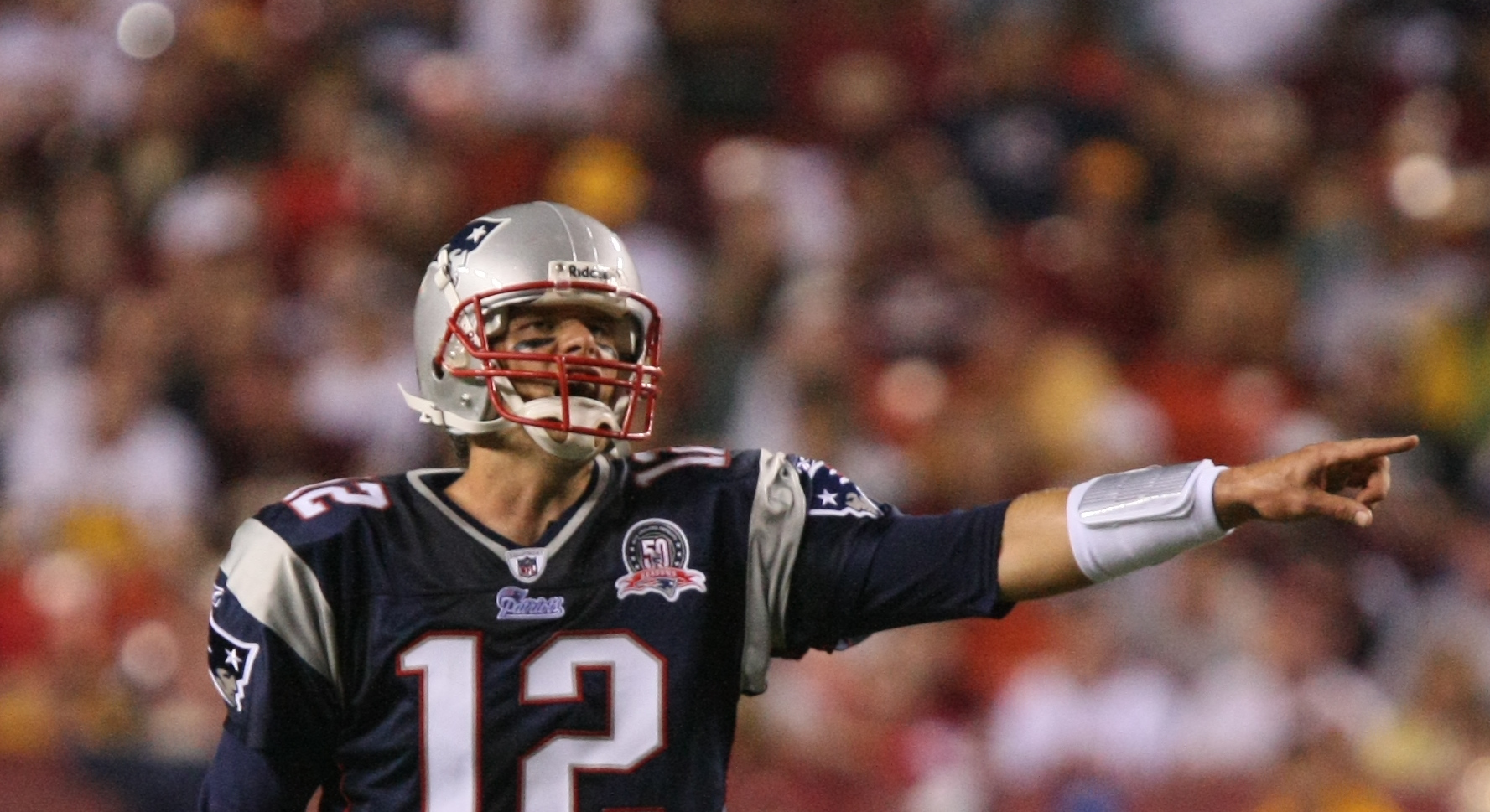“Who’s Tom Brady?”: The monopoly of English football over the NFL

New England Patriots at Washington Redskins 08/28/09
It is testament to the artistic brilliance of The Weeknd that everyone was raving about his half-time show at last week’s Super Bowl LV. Showtime has also recently announced a ninety-minute documentary that will go behind the scenes of the half-time spectacle that included so many of his global hits. However, it is another ninety-minute game that (controversially, for some) shares the same name that continues to dominate English sport. View counts and media coverage are stronger than ever, and sports such as American Football face an uphill battle to break the monopoly that football holds in England.
In a parallel universe, Manchester United are 2-1 up against Chelsea in a thrilling FA Cup Final. Tensions are high, the fans are back in the stands and booing referee Mike Dean, who has just blown for half-time after awarding a contentious Bruno Fernandes penalty via VAR. Suddenly, the stage is being set for a Coldplay quickfire medley. Something just doesn’t sit right, does it? The primary purpose of half-time has surely got to be the players’ physical recovery, an inspiring team talk, and perhaps a social pint and quick toilet break for the fans. It is truly a ridiculous proposition that anything of the kind would happen in the world of English football.
The fact that the Super Bowl places such heavy emphasis on its interval displays its ever-increasing commercialisation, and how the focus on the sport itself is slowly being filtered out as advertisements and celebrities take centre stage. English football is very much a local as well as an international phenomenon, but the former always takes precedence – and it is that rawness and honesty at face value that connects so well with the pride and passion that so many English fans possess. Whilst some NFL games have been held in the UK to further its globalisation, the reverse could not be more unlikely due to the regional identity attached to English football. Additionally, the stop-start nature of American Football has come under fire from many Britons who have struggled to enjoy it, perhaps demonstration our impatience as a nation that lends itself to the free-flowing, fast-paced Premier League.
The post-lockdown shift to staggered Premier League kick-off times, whereby all ten weekly games can be televised, has been monumental in viewership. When Sky Sports announced some games would be broadcasted freely from June 2019, records were instantly broken as over 5 million people tuned in for last season’s goalless Merseyside derby between Everton and Liverpool. Across the Atlantic, this year’s Super Bowl was the least-watched event since 2006.
It should still be noted that American Football still has a hugely significant following in the UK. Whilst millions undoubtedly tuned in for the Super Bowl, it is clear to see some of the reasons why it is still some distance behind its English counterpart in terms of popularity and sporting identity, and to highlight the assets that have made football such a phenomenon in England.
